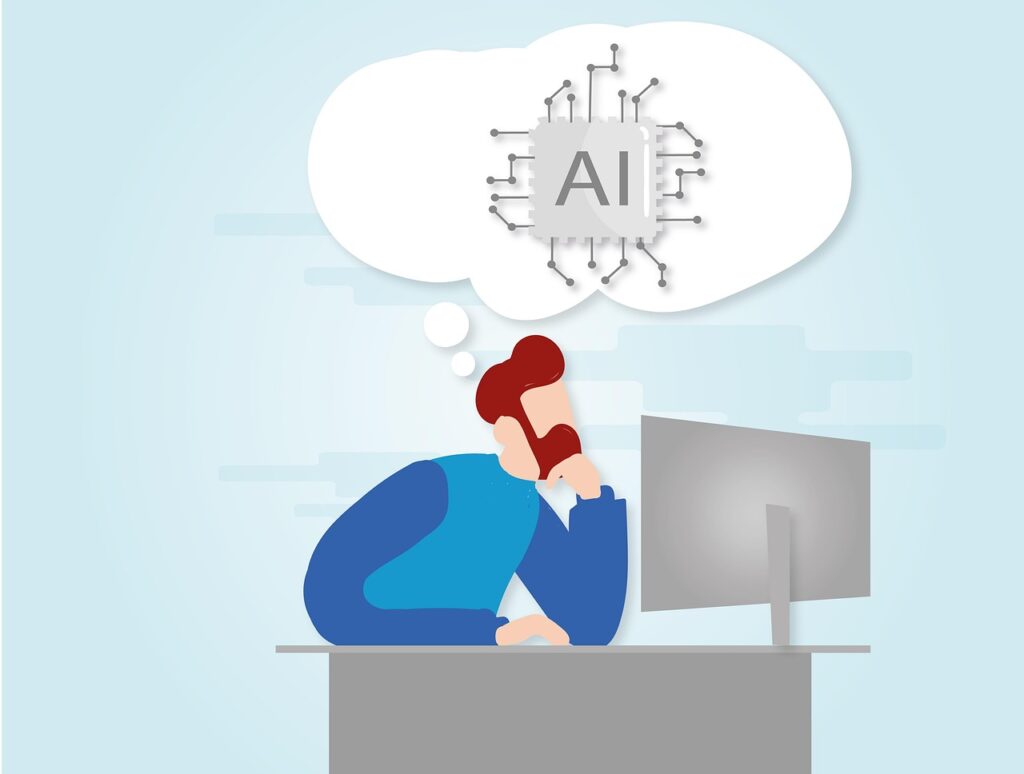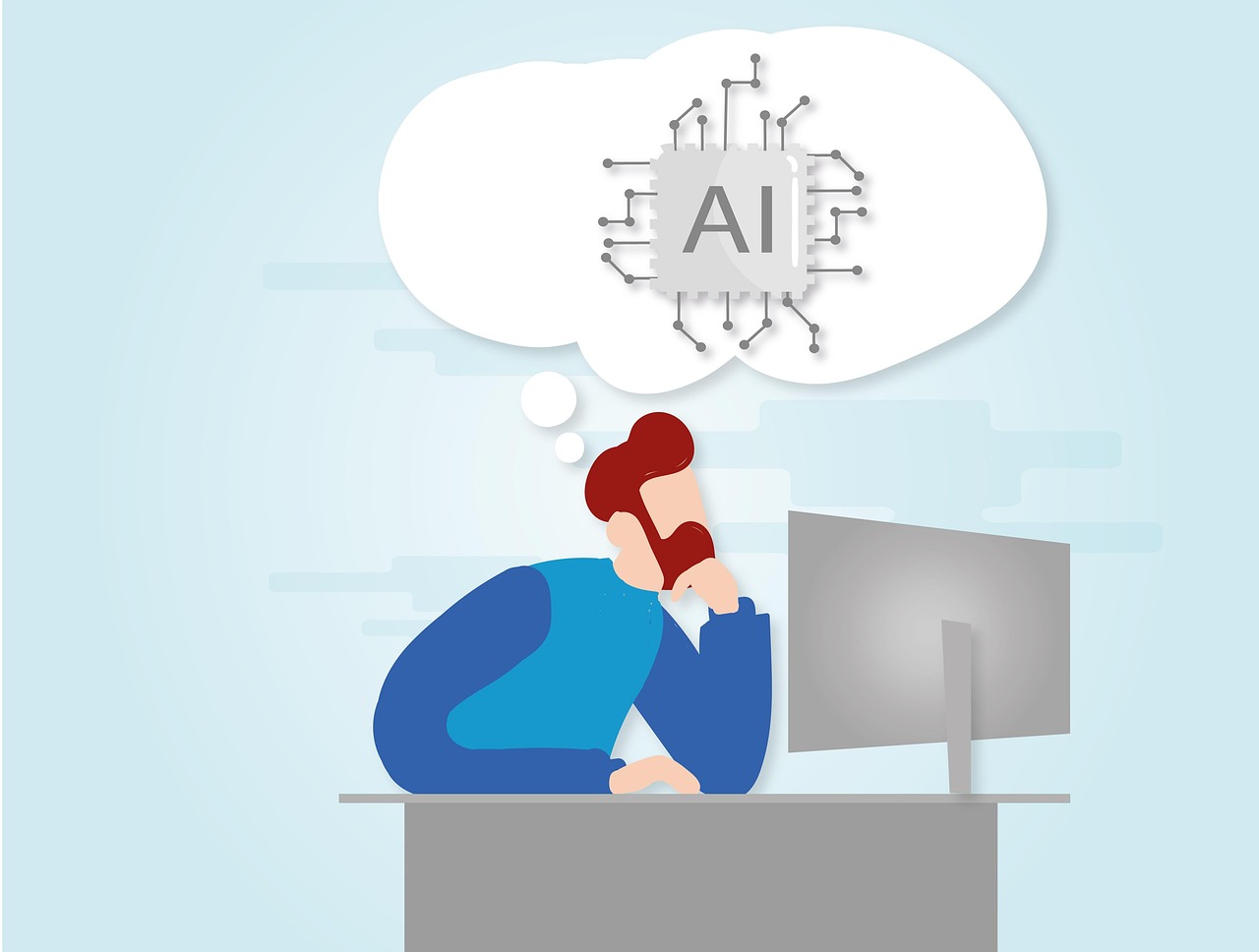By now, most of us have used at least one AI-powered tool at the workplace—whether it’s for automating repetitive tasks, speeding up content creation, or boosting overall productivity. According to Microsoft’s 2024 Work Trend Index, 75 percent of knowledge workers now leverage AI in their roles, reflecting a significant shift in how we approach daily tasks.
However, this rapid adoption doesn’t come without its challenges. The unregulated use of AI may spread misinformation, reinforce existing biases, and raise significant data privacy concerns. Recognising these risks, major corporations like JPMorgan Chase and Walmart have implemented restrictions on platforms such as Chatgpt to safeguard sensitive information.
In this article, we’ll explore the potential pitfalls of operating without a clear AI policy and underscore why establishing comprehensive guidelines is imperative for organisations aiming to harness AI’s benefits responsibly.
Why an AI policy is non-negotiable
Organisations should create guidelines to promote the responsible use of AI as these tools become increasingly common in the workplace. A survey by CYPHER Learning found that 69 percent of employees believe their workplaces lack clear AI policies, resulting in inconsistent practices and potential misuse.
Here are additional reasons why implementing a comprehensive AI policy is imperative:
AI biases: As organisations increasingly incorporate AI into their operations, concerns about embedded human biases in these systems are growing. AI models trained on skewed or unrepresentative data can perpetuate and even amplify existing societal biases. A notable example is Amazon’s AI recruitment tool, which was discontinued after it was found to favour male candidates. The algorithm, trained on resumes submitted over a decade, predominantly from men, penalised applications that included the word “women’s” and downgraded graduates of all-women’s colleges.
Data exposure: The unnoticed use of AI tools creates a significant security vulnerability because employees often type private company data into AI prompts. This habit dramatically raises the chances of sensitive information being accidentally revealed or falling into the wrong hands. Furthermore, once this data is used to train the AI, getting it back or permanently deleting it becomes incredibly difficult, if not a lost cause.
The Finance Ministry of India has recently issued an advisory prohibiting employees from using AI tools like Chatgpt and DeepSeek for official tasks due to concerns over confidentiality and data security related to government documents. Similar restrictions have been adopted in countries like Australia and Italy, where worries about potentially misusing sensitive information have also emerged.
Reputational risks: All AI tools are susceptible to generating inaccurate responses, or “hallucinations.” This occurs because these models learn from internet data, which can be incomplete, biased, or incorrect. This leads to flawed patterns and erroneous outputs. Employees’ reliance on AI-generated data can significantly harm a company’s reputation.
Addressing the risks of AI usage
To effectively address the challenges associated with AI integration in the workplace, employers should establish policies that govern its appropriate use. These policies must be regularly updated to reflect evolving technologies. Key elements to consider when developing an AI use policy include:
Define clear parameters: Clearly outline the acceptable use of AI tools within the organisation, specifying whether they are permitted, restricted, or prohibited. If AI tools are allowed, detail the approved platforms and the specific tasks for which they may be used. Additionally, where feasible, provide the reasoning behind these guidelines to enhance understanding and compliance.
AI training and awareness: To ensure everyone uses AI responsibly, educating employees on your company’s AI guidelines is crucial. Start with brief sessions explaining the fundamental rules and potential risks. Following this, consider offering more in-depth training, similar to our cybersecurity program, to cover AI-related dangers thoroughly. Employers must also establish a dedicated point of contact or department for questions or concerns about the correct usage of AI.
Legal requirements: The organisation’s AI policies must adhere to both internal guidelines and all external legal and regulatory standards. These policies should be reviewed and updated regularly to ensure consistency and compliance with relevant laws.
In addition to existing measures, companies can enhance data security and control by providing employees with proprietary, in-house AI tools. This approach allows organisations to tailor AI applications to their needs while ensuring that sensitive information remains within the company’s secure infrastructure.
Conclusion
The demand for clear, robust policies will be more pressing as AI gets increasingly embedded in the modern workplace. Strong AI governance offers organisations a crucial safety net—empowering them to unlock AI’s vast potential while mitigating its inherent risks. With well-defined guidelines and a forward-thinking approach, companies can cultivate a culture of responsible AI use that drives innovation, ensures compliance, and safeguards their people. The question is no longer if AI will reshape the workplace, but how we choose to navigate that change. So, will your organisation lead the charge toward a responsible AI future, or risk being left behind?

